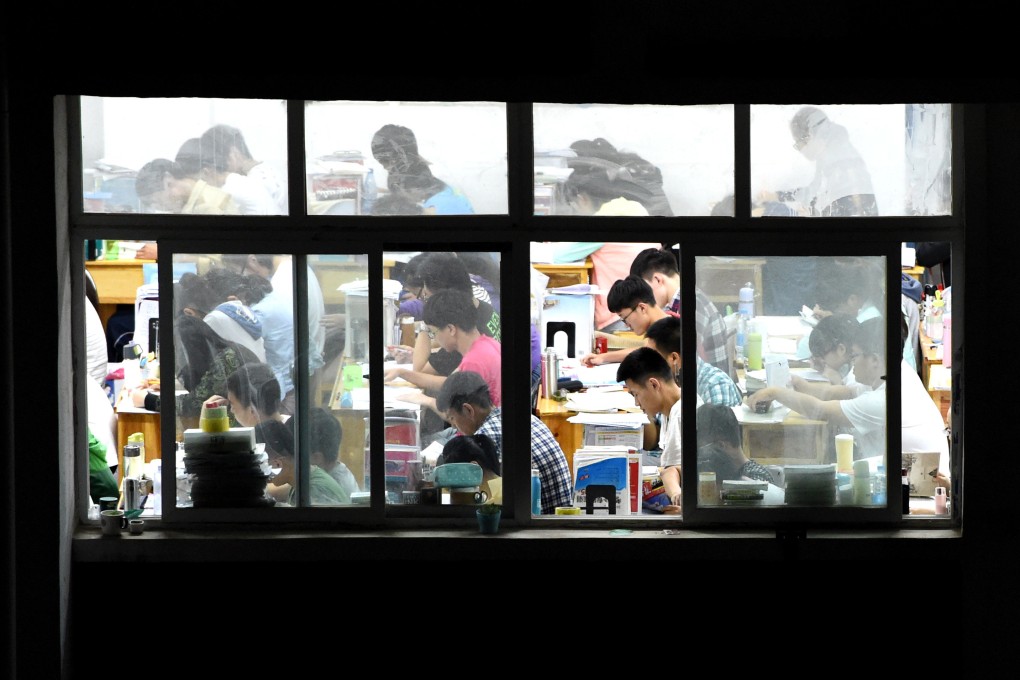Advertisement
Macroscope | Why China’s cram school crackdown is a welcome and needed reform
- Wall Street investors surprised by Beijing’s regulatory changes have only themselves to blame for not heeding the years of complaints and discussion around the sector
- China is no democracy, but its policymaking process is transparent and follows a clear pattern, and its policies largely benefit the people
Reading Time:3 minutes
Why you can trust SCMP
19

One morning five years ago, Shenzhen-based businessman Zhang Hua took his 11-year-old daughter Emma to school. Emma was sleep-deprived and grumpy. “I know you have lots of unfinished homework. Let’s get it done during the weekend. Just be happy,” he said.
“How can I be happy without top scores? They are the only thing that matters at school!” Emma replied.
Zhang – who asked that his real name not be used – knew this well. Academic scores are key to getting into top universities and also affect the way your fellow students and teachers treat you at school. Emma had been humiliated more than a few times as her school ranked students based on their scores.
Advertisement
That conversation hurt Zhang, and he vowed to lobby for change. On social media he became an advocate for cutting students’ workloads. He and millions of other parents scored a small victory in July when Beijing announced a ban on off-campus cram schools.
This followed a similar victory three years ago when China banned kindergartens from raising funds in global capital markets. Stock analysts and investors were quick to blame Beijing for a heavy-handed approach and regulatory about-face. However, a closer inspection shows the stock market players have fooled themselves in their echo chambers.
The writing was on the wall. In official and social media, reports of poor-quality cram schools were all over the place. Unscrupulous operators have engaged in bad behaviour such as inflated promises about their instructors’ abilities to improve students’ academic performance. There are also fly-by-night merchants who charge advance fees and then vanish.
Advertisement
Select Voice
Select Speed
1.00x

